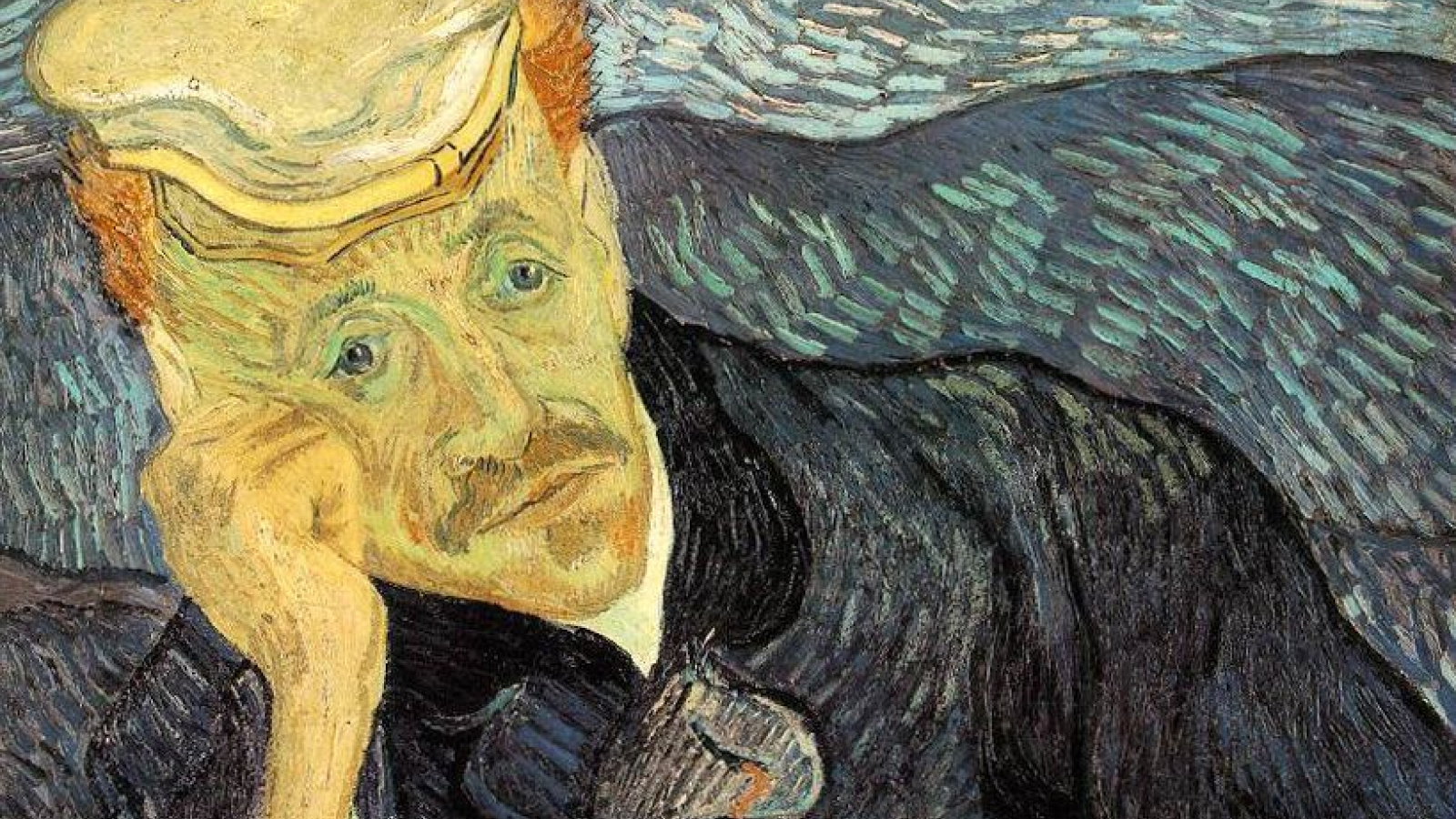Developmental psychologist and author Alison Gopnik has spent her career learning truths about the mind and answering the big philosophical questions with help from an unlikely source: babies. Gopnik told Big Think what she’s learned through her study of the infant brain.
Question: What is your earliest childhood memory?
Alison Gopnik: Well, that's a good question. It's probably sometime when I was about two. I grew up in this crazy Bohemian family in Philadelphia and we actually lived in a public housing project. So definitely one of my earliest memories is having my crazy Bohemian mother making strudel on the table in this public housing project and having all of the children running around naked underneath the table, eating the scraps from the strudel. So that was a fairly typical scene in our household growing up.
Question: How specifically do you study babies’ thoughts?
Alison Gopnik: Right. Well that's a good question. I think part of the reason why people got it so wrong about babies for so long was because as adults when we want to find out what someone's thinking, we ask them and get them to tell us. And that's something that babies and even young children are very bad at doing. So to figure out what babies and young children think, we have to figure out ways to ask them in their language and not ours. So, for infants, that means actually looking at what they do—what actions they perform, rather than what they say. And even for the three and four year olds that I study a lot it means getting them to say choose between two alternatives or actually do something rather than you ask a three year old, "What are you thinking?" and you get this beautiful stream of consciousness monologue about their birthday party and horses and all sorts of things.
So what we have to do is really rely on actions rather than words; get them to produce actions and also give them information about the problem we are presenting in terms of real physical objects in their immediate environment. So, for example, we've been doing very exciting work about babies and young children's understanding of statistics. Any grown-up that has taken a statistics class will tell you, grown-ups are terrible [at statistics]. In fact, Danny Kahneman got the Nobel Prize for showing how bad grown-ups at explicitly thinking about probabilities but when we take three year olds, unfortunately, we would never do anything as lunatic as ask them about probabilities, but if we actually give them a real machine that operates according to probabilistic principles and just get them to operate the machine then you suddenly realize, "Oh, wait a minute. They actually are implicitly understanding all of the things like conditional probability."
Question: Can babies’ minds teach us about mental disorders such as schizophrenia?
Alison Gopnik: It's always a very big leap to go from any kind of science to clinical cases because clinical cases are so complicated, but I do think there may be some evidence now that there is a kind of continuum between schizophrenia and, say, creativity. So schizophrenia seems to be a kind of occupational hazard of poets for instance that there seems to be some connections between those things and those seem to be connected with some of the neurological phenomena that we also see with very young babies. Essentially, not having a lot of top down control—typically, for the way the adult brain works, the aspect of the adult brain that adults are most interested in, is that the prefrontal region, which is sort of the brain's Head Office where the chief executives are. A lot of what goes on in adults is that [the prefrontal region] shuts down big enormous other parts of the brain. One of the things that happens when you dream, for instance, is that kind of really ferocious control gets lifted and there's a little evidence that a least with some kinds of mental disorders and with adult creativity and in infancy. Some of what's happening is that that ferocious control is disappearing, which is a good thing for babies, not a good thing for adults who have to find their way around the world.
Question: Given that babies are hyper-sensitive, do you worry they carry lifelong mental scars from unanesthetized surgery?
Alison Gopnik: Nah. One of the things that we've discovered about babies is that part of what makes them such great learners is that they're extremely what neuroscientists call plastic. Their minds are capable of changing. And that also means that they're tremendously resilient. So we have a lot of evidence, even if you look at say the Romanian orphans. These poor babies who were brought up in just terrible circumstances. Lying in cribs, just sort of barely being kept alive, but no one ever interacting with me. When they were three, they looked terribly, terribly damaged but when they got adopted by British families with some exceptions but for the most part most of those babies turned out perfectly well. So there is tremendous resilience in the system and when there is damage it's usually because there is an interaction between early environments and later environments. So most babies who are growing up in bad circumstances don't have the luck that the remaining orphans had of being plucked out and now being put in very good circumstances.
Question: If you could have an adult conversation with an infant, what would you ask?
Alison Gopnik: Yeah, that's a good question. So John Flavell, who was the great developmental psychologists of the 20th century, said that he would give everything that he possessed to have just three minutes inside of the head of a baby and I feel that way, too. The trouble is, I probably wouldn't be able to understand a lot of what they were saying, even if they could say it. So I think I'd want to ask them, "What's it like?" "What are you seeing at this moment?" "How many things do you know about?" "What do you think about the adults around you?" But my suspicion is that even if they could talk, probably part of the reason why they aren't talking yet is because what they would say would be in a language that I couldn't quite understand
Recorded on: October 8, 2009






